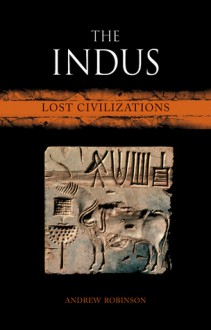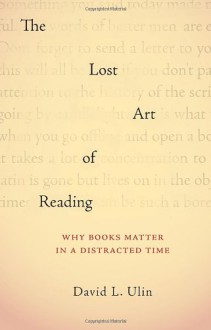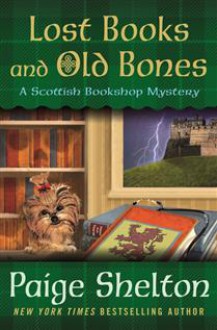
TITLE: The Indus: Lost Civilizations
AUTHOR: Andrew Robinson
DATE PUBLISHED: 2015
FORMAT: Hardcover
ISBN-13: 9781780235028
__________________________________
DESCRIPTION
“When Alexander the Great invaded the Indus Valley in the fourth century BCE, he was completely unaware that it had once been the center of a civilization that could have challenged ancient Egypt and neighboring Mesopotamia in size and sophistication. In this accessible introduction, Andrew Robinson tells the story—so far as we know it—of this enigmatic people, who lay forgotten for around 4,000 years.
Going back to 2600 BCE, Robinson investigates a civilization that flourished over half a millennium, until 1900 BCE, when it mysteriously declined and eventually vanished. Only in the 1920s, did British and Indian archaeologists in search of Alexander stumble upon the ruins of a civilization in what is now northwest India and eastern Pakistan. Robinson surveys a network of settlements—more than 1,000—that covered over 800,000 square kilometers. He examines the technically advanced features of some of the civilization’s ancient cities, such as Harappa and Mohenjo-daro, where archaeologists have found finely crafted gemstone jewelry, an exquisite part-pictographic writing system (still requiring decipherment), apparently Hindu symbolism, plumbing systems that would not be bettered until the Roman empire, and street planning worthy of our modern world. He also notes what is missing: any evidence of warfare, notwithstanding an adventurous maritime trade between the Indus cities and Mesopotamia via the Persian Gulf.
A fascinating look at a tantalizingly “lost” civilization, this book is a testament to its artistic excellence, technological progress, economic vigor, and social tolerance, not to mention the Indus legacy to modern South Asia and the wider world. “
______________________________
This is a short, nicely written, but scholarly summary of what is known about the Indus Civilization, which covered a large area in present day Pakistan and India from approximately 2600 to 1900 B.C. Robinson briefly describes the discovery of this lost civilization, the problematic archaeology of the sites, the arts, crafts, agriculture, trade, possible social structure, religion, decline and disappearance. The Indus script is also discussed in much detail. Since little is known about this civilization despite the artefacts, a great deal of this book is speculative, but the author differentiates with what was found in terms of archaeology and the natural environmental, and what is more probably or less likely. The general consensus is that more archaeological finds are necessary and that the script needs to be deciphered before any more definitive information about the Lost Indus Civilization can be revealed. I found this book interesting and to be a good introduction to the subject. The numerous photographs, maps and other illustrations were helpful.

 Log in with Facebook
Log in with Facebook 







